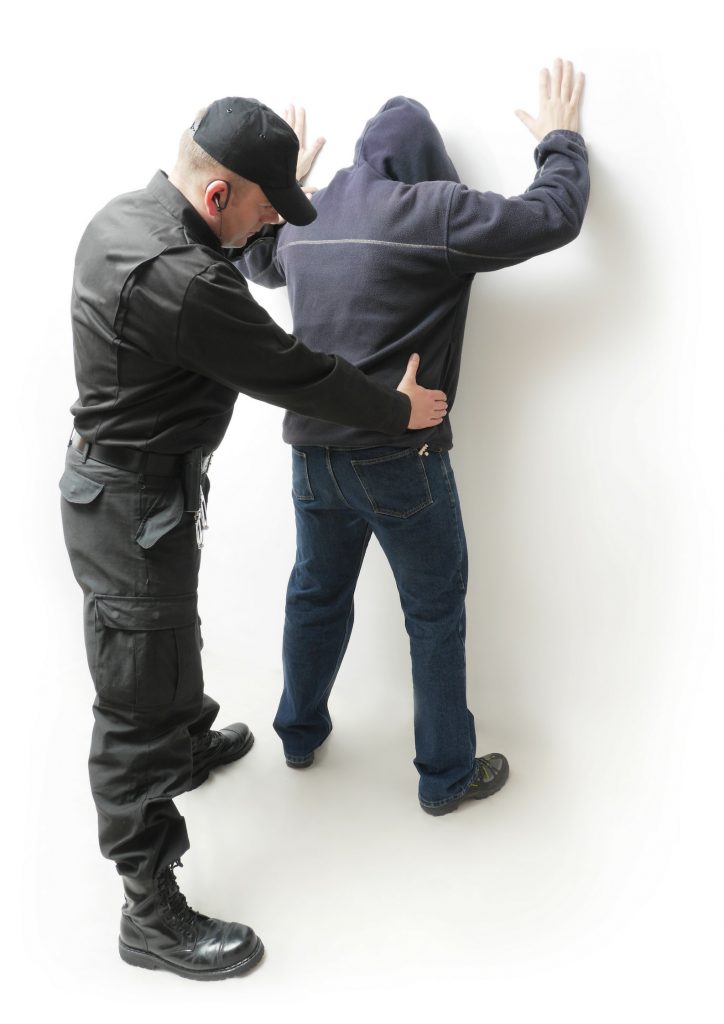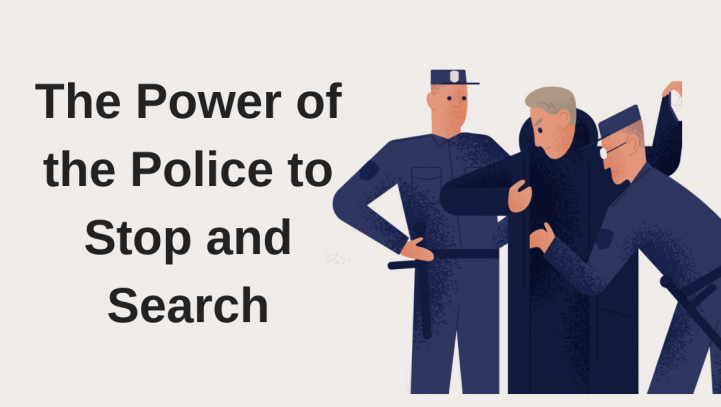The Power of the Police to Stop and Search
How Much Power do the Police Have for Stop and Search?
The power of the police to stop and search is currently in the media due to the rise in murders and serious crimes of violence involving the use of knives, particularly in London. A particular area of concern is the disproportionate use of search powers in relation to some minority groups.
Section 1 Police And Criminal Evidence Act 1984
The most commonly used power to stop and search people is under section 1 of PACE. This section allows searches if an officer has reasonable grounds to suspect a person of carrying drugs, weapons, stolen property or an item that can be used to commit crime.
Section 60 Criminal Justice And Public Order Act 1994
This power has been used recently by London councils in response to the murders taking place. Section 60 allows the police to search anyone in the specified area without the need for “reasonable grounds” that is required for a search under section 1 above. The vast majority of searches under this power are carried out by the Metropolitan police.
Sections 47A Terrorism Act 2000
This section allows the police to conduct searches where there is a reasonable suspicion that an act of terrorism will occur. The power had not been used extensively until the terrorist attacks that started to take place in 2017.
What Must The Officer Do Under Section One?
In order for a search to be lawful, the officer needs to inform you of his name and police station, and he can use reasonable force to carry out the search. You may be detained for the search, near to where you were stopped and only for a short time. You must be told why you are being searched and under what power and a record of the search should be made.
How Are Section 60 Searches Authorised?
An officer of inspector rank or above can authorise searches within an area for up to 24 hours. He can only do so if he reasonably believes that:
- Incidents of serious violence may take place and an authorisation is required to prevent their occurrence; or
- An incident of serious violence has taken place, a dangerous instrument or offensive weapon is being carried, and authorisation is required to find it; or
- Persons are carrying dangerous weapons or offensive weapons without good reason.
How Are Section 47A Searches Authorised?
A senior police officer can give an authorisation for searches in a specified area if he reasonably suspects that an act of terrorism will take place and reasonably considers that the authorisation is necessary to prevent such an act. Also, that the specified area is no greater than necessary for a duration that is no longer than necessary to prevent such an act.
Under this authorisation an officer may stop and search a vehicle, driver, passenger, pedestrians (including anything carried by them) but only for the purpose of discovering whether there is anything which may constitute evidence of use for terrorism or that the person is a terrorist.
How May We Help?
The above is only a basic and brief outline of the relevant law. We can advise you on the legality of any search and/or the admissibility of any evidence found during the search. If you would like to discuss any aspect of your case, please contact us on 0161 872 9999 or at law@howardssolicitors.com




